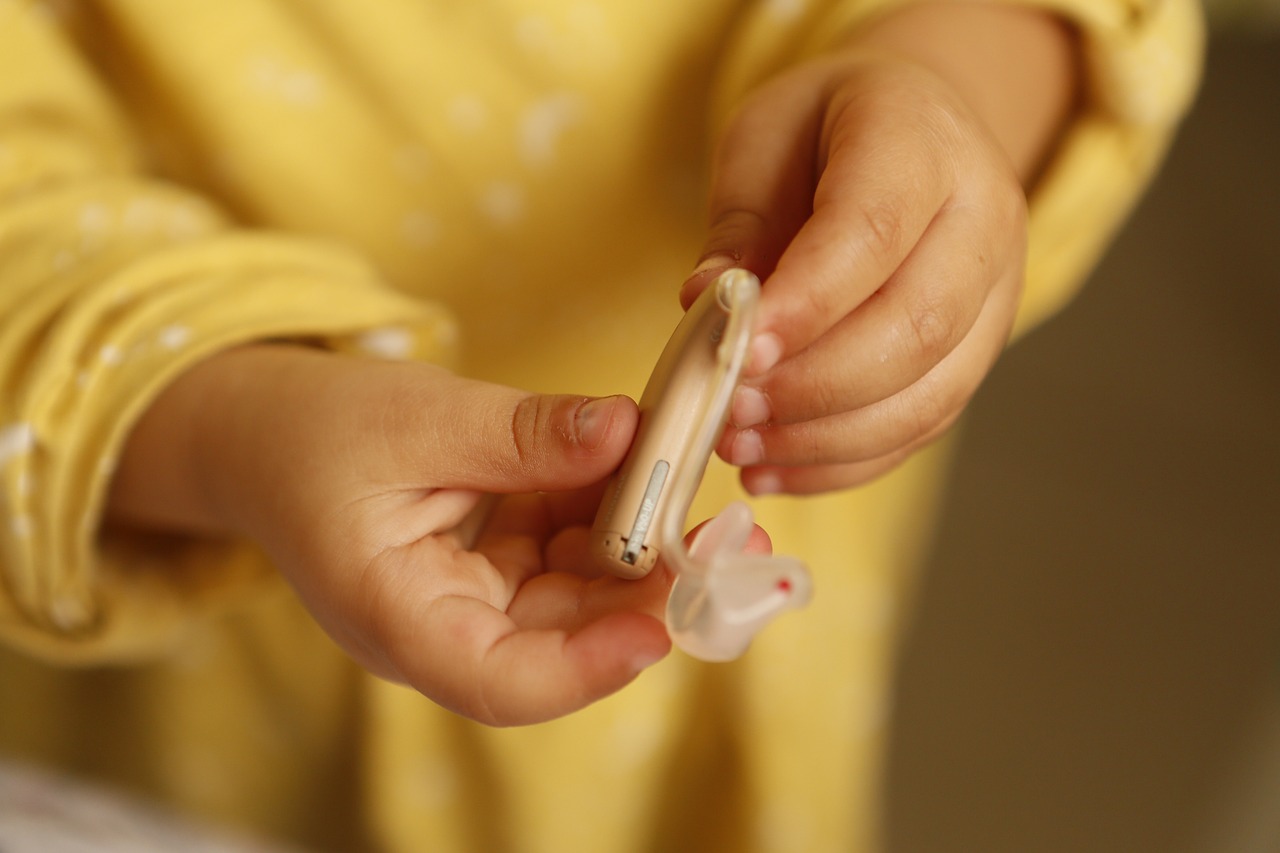Tepezza’s Impact on Hearing Health and Strategies for Coping with Tinnitus
Thyroid eye disease (TED), also known as Graves’ orbitopathy, is a distressing autoimmune condition that affects the eyes and vision. Tepezza (teprotumumab-trbw) emerged as a groundbreaking FDA-approved treatment for this debilitating disease, offering hope to thousands of patients.
However, Tepezza has recently been associated with side effects related to hearing loss, prompting lawsuits against its manufacturer. In June 2023, a multidistrict litigation was formed in Illinois to speed up the legal proceedings. According to Drugwatch, about 54 lawsuits are pending in the Tepezza MDL.
In this article, we discuss the potential side effects of Tepezza, specifically its impact on hearing health. We will also explore strategies for coping with tinnitus, a condition that can be distressing and disruptive to one’s daily life.
Tepezza and Its Role in TED
Thyroid eye disease (TED) is a complex autoimmune disorder that affects the soft tissues surrounding the eyes. It leads to a range of distressing symptoms, including eye pain, swelling, redness, double vision, and in severe cases, sight loss.
Tepezza, a medication approved by the FDA in 2020, offers a glimmer of hope for patients struggling with this debilitating condition. Tepezza is unique in its ability to address the root causes of TED, rather than merely mitigating its symptoms.
By blocking cellular switches responsible for inflammation and tissue swelling, Tepezza has shown efficacy in the distressing symptoms associated with TED.
Tepezza’s Known Side Effects
Despite its promise in treating TED, Tepezza comes with a range of potential side effects. While some are common, like nausea, and changes in taste, it is the link between Tepezza and hearing impairment that has raised significant concerns.
According to JD Supra, recent studies and patient reports have suggested that as many as 65% of Tepezza users experience hearing problems. As per the post, most people experience hearing loss symptoms roughly halfway through their therapy period.
As a result, Tepezza has become the subject of an increasing number of lawsuits. Patients allege that Horizon Therapeutics, the manufacturer, failed to adequately warn them and their healthcare providers about these risks.
Lawsuits and Allegations
Horizon Therapeutics finds itself embroiled in lawsuits from patients who claim that Tepezza led to irreversible hearing loss and tinnitus. The Tepezza lawsuit states that the manufacturer was aware of the potential for these side effects but failed to inform about it.
TorHoerman Law notes that the absence of specific warnings about hearing-related issues on the drug’s label has fueled these allegations. The lawsuits highlight the importance of transparency and comprehensive disclosure of potential side effects in pharmaceutical marketing and prescribing practices.
Assessing Hearing Impairment
In response to the mounting concerns over hearing-related side effects, Horizon Therapeutics took action in July 2023 by updating Tepezza’s label. The new warning explicitly addresses hearing impairment, including the possibility of permanent hearing loss.
For patients considering Tepezza treatment, this change underscores the importance of regular hearing assessments as part of their healthcare regimen. Both healthcare providers and patients must carefully weigh the benefits of Tepezza treatment against the risks, including the potential for hearing impairment.
Coping with Tinnitus
Tinnitus, the perception of a persistent ringing or buzzing in the ears, can be distressing and disruptive to daily life. Coping with tinnitus, especially when it is linked to Tepezza treatment, requires a multifaceted approach.
- Patients experiencing tinnitus should consider mindfulness techniques. According to Healthline, NIH research suggests that mindfulness meditation may help lessen the symptoms and severity of chronic tinnitus. Try out techniques such as meditation or deep breathing exercises to manage the emotional impact of the condition.
- Sound therapy, using devices that emit soothing sounds or music to mask the tinnitus noise, can provide relief for some individuals.
- Additionally, consulting with hearing specialists or audiologists is crucial to exploring tailored management strategies and gathering support for this condition.
The Need for Further Research
As Tepezza litigation is still in its early stages, research is essential to understand the extent of hearing-related side effects associated with this drug. The data emerging from these studies will provide a more comprehensive understanding of the risks and management strategies.
Patients, healthcare providers, and the pharmaceutical industry will benefit from a deeper knowledge of these issues. This information will help make educated decisions regarding TED treatment and hearing health management.
Final Thoughts
Tepezza has brought significant relief to patients suffering from thyroid eye disease, addressing the root causes of the condition. However, the association of Tepezza with hearing impairment and tinnitus has led to a series of lawsuits and heightened concerns.
Horizon Therapeutics’ updated label warnings signal the importance of comprehensive disclosure of potential side effects in pharmaceuticals. Coping with tinnitus, whether linked to Tepezza or not, demands a multifaceted approach, incorporating mindfulness techniques and sound therapy.
As litigation progresses and further research unfolds, a deeper understanding of these risks and management strategies will be vital for informed decision-making. Patients, healthcare providers, and the pharmaceutical industry must collaborate to ensure the well-being of those affected.







